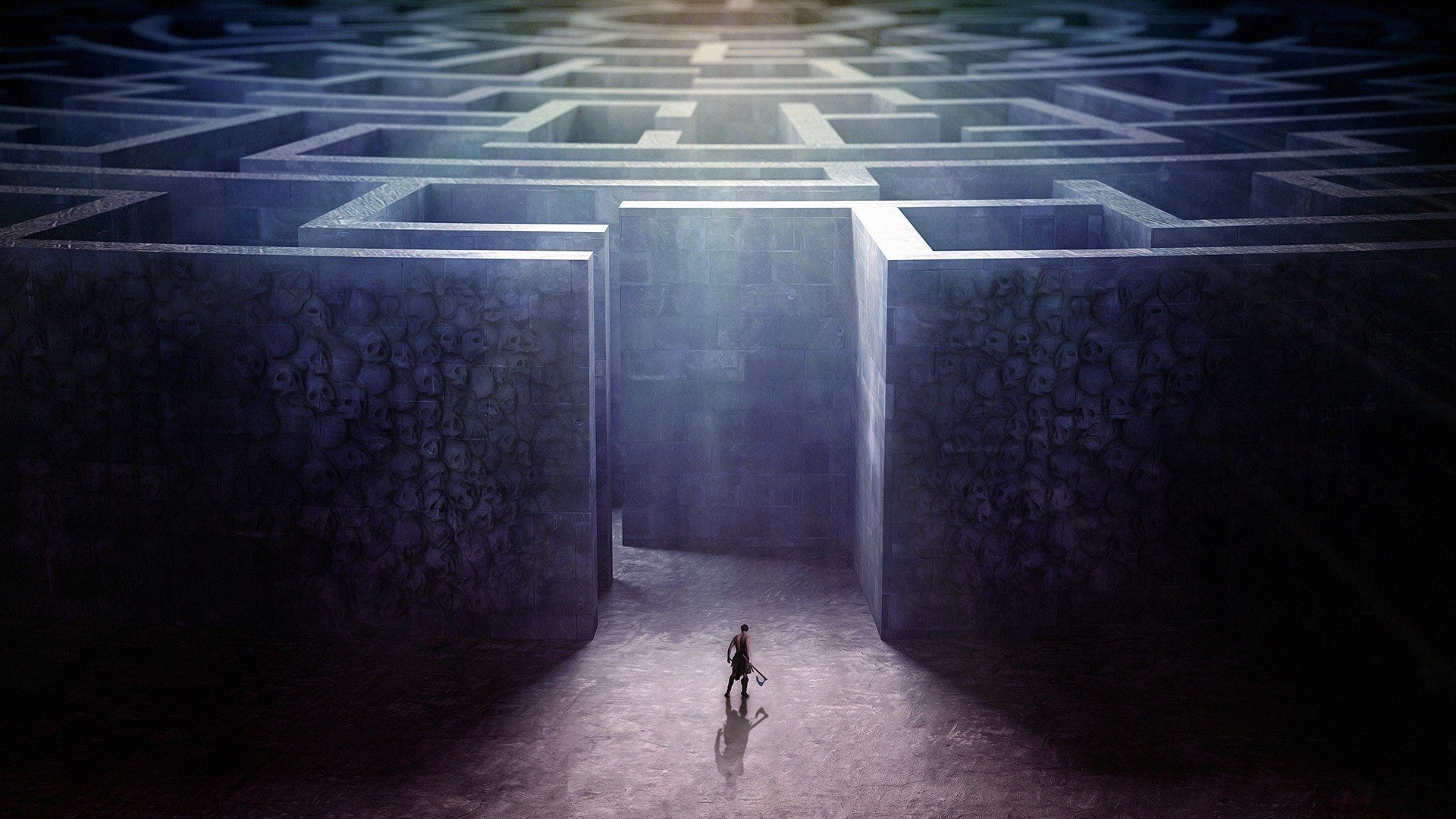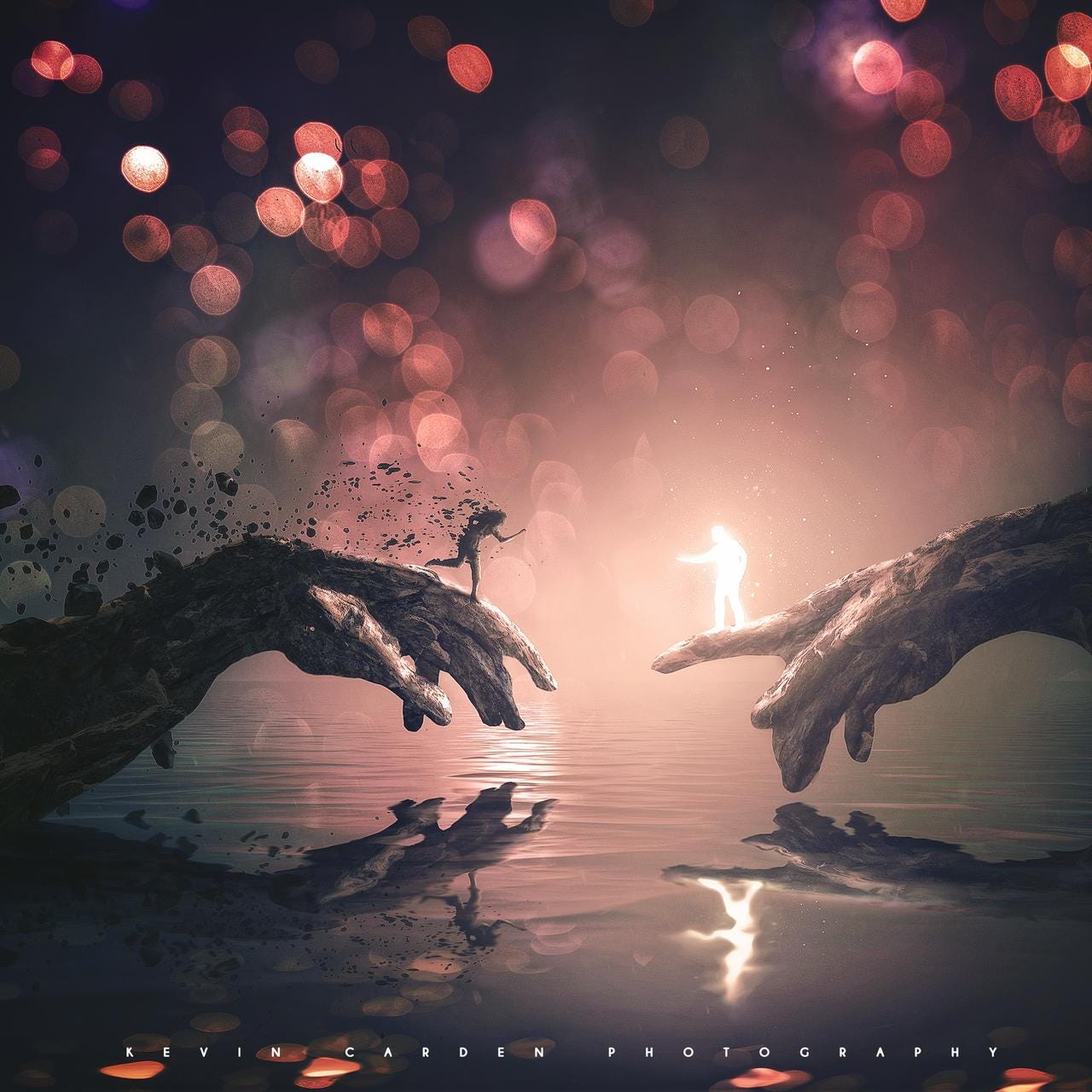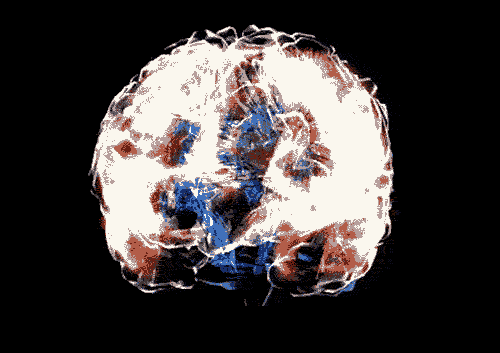
“If you feel safe in the area you’re working in, you’re not working in the right area. Always go a little further into the water than you feel you’re capable of being in. Go a little out of your depth, and when you don’t feel that your feet are quite touching the bottom, you’re just about in the right place to do something exciting.” — David Bowie
My 9-year-old explained to me how he was feeling anxious recently. Once I understood “why” he felt anxious, I asked him “how” he physically felt. He explained he had butterflies in his stomach and his heart felt like it was beating really fast. I asked him to think about how he felt when he was excited about something he was looking forward to. He explained he had butterflies in his stomach and his heart felt like it was beating really fast. As he explained this to me, I could see a smile appear on his face as he realised they were the same physical feelings. With a little guidance, he reframed his fear as a growth opportunity (I hope he did anyway or else I just confused the poor guy).
Reframing fear is the focus of this Thursday Thought.
“There is only one thing that makes a dream impossible to achieve: the fear of failure.” — Paulo Coelho
On episode 165 of The Innovation Show, I spoke to the author of “Fear Hack”, Hilary Gallo. Hilary advises us to interrogate the difference between danger and fear. While danger involves clear and present danger such as an attacker coming at us with a knife, fear comes from the mind and involves and imagined reality. Fear of a real danger is helpful, it keeps us safe and ensures we avoid dangerous predicaments, but fear of a future outcome is limiting and restrictive. Hilary concludes that we can reframe fear as growing pains.
The Dose Makes the Poison — Sola Dosis Facit Venenum

Paracelsus is considered the father of toxicology. He wrote the dose makes the poison (sola dosis facit venenum). He claimed that ‘poisons’ were not necessarily something negative, in part because related substances interacted, but also because only the dose determined if a substance was poisonous or not. Paracelsus claimed that if a poison caused a disease, then it must be countered by another poison.
My 6-year-old son has a nut allergy. We have implemented what is known as “a nut exposure programme” to help him increase his tolerance for nuts. It is not very scientific, it involves feeding him small amounts of various nut varieties over a set period of time. The aim is to increase his tolerance by increasing exposure levels.
We can consider fear exposure in a similar fashion. What if we gradually increase our tolerance level towards fear? What if we reframed the point at which we experience fear or fear-like symptoms as a point of growth? Instead of reaching a point of fear and recoiling back towards safety, we venture just far enough to get used to a new tolerance level. In time, we will become used to our new fear tolerance level and continue to expand on this.
Be Afraid of the Dark, not the Light: The Confidence Muscle

“We can easily forgive a child who is afraid of the dark; the real tragedy of life is when men are afraid of the light.” ― Plato
Jules Pieri is our guest on the most recent Innovation Show, episode 173. Jules shares her experience that the most disappointed people in life are those of us who recoil when we experience the physical sensations of fear. Jules calls these points “growth edges”. She hopes we will push through these “growth edges” and realise that whatever we feared was not too bad in the first place. We always imagine it to be worse than it turns out to be. Jules says even if we imagine the worse thing that could happen, often that “worse thing that could happen” we can live with. If we walk through the physical and mental gymnastics associated with the fear and experience what was making us fearful we build up a mental muscle, Jules calls this “The Confidence Muscle”. Jules concludes that it is far worse to be the person aged 90 who says “I wish I had done it”, rather than to be the person aged 90 who has done it.
Post Traumatic Growth
“The mind, once stretched by a new idea, never returns to its original dimensions.” ― Ralph Waldo Emerson

Post-traumatic growth (PTG) is the positive psychological change experienced as a result of overcoming difficult challenges. Conquering difficult challenges results in the growth of new mental pathways. New mental pathways result in new thinking and new thinking results in new realities.
To change business models, we must first change mental models. Many organisations fail to reinvent because they look to mechanical fixes such as a change in strategy to fix what is ultimately a human problem. Reframing the fear of change within an organisation is a great way to start, but to do so we must change how the organisation reacts to failure. Failure needs to be baked into the innovation process. Most innovations come from repeated efforts, when a reporter asked Thomas Edison, “How did it feel to fail 1,000 times?” Edison replied, “I didn’t fail 1,000 times. The light bulb was an invention with 1,000 steps.”
The growth comes from pushing the boundaries, but only if you actually push the boundaries.
“Ignore the hype of the startups that you see in the press. Mostly, it’s a pack of lies. Half of these startups will be dead in a year. So, focus on building your business so you can be the one left standing.” — Jules Pieri
Do you have an idea for a business but don’t know where to start?
Thanks to high-speed Internet, game-changing technology, and innovative new platforms, you can go from idea to marketplace on a shoestring budget―and join the growing movement of successful Makers who’ve built their businesses from the ground up.
We welcome Jules Pieri, author of “How We Make Stuff Now: Turn Ideas into Products That Build Successful Businesses”
We discuss:
Deciding if you want to be an Entrepreneur
Maker Movement Empowering Innovation
The Maker Challenge
The Amazon Challenge
Testing the Market
Fraud
Products
Funding
Data
Fear and Failure
Have a listen:
Soundcloud https://lnkd.in/gBbTTuF
Spotify http://spoti.fi/2rXnAF4
iTunes https://apple.co/2gFvFbO
Tunein http://bit.ly/2rRwDad
iHeart http://bit.ly/2E4fhfl
More about Jules: https://lnkd.in/ec5v-SF